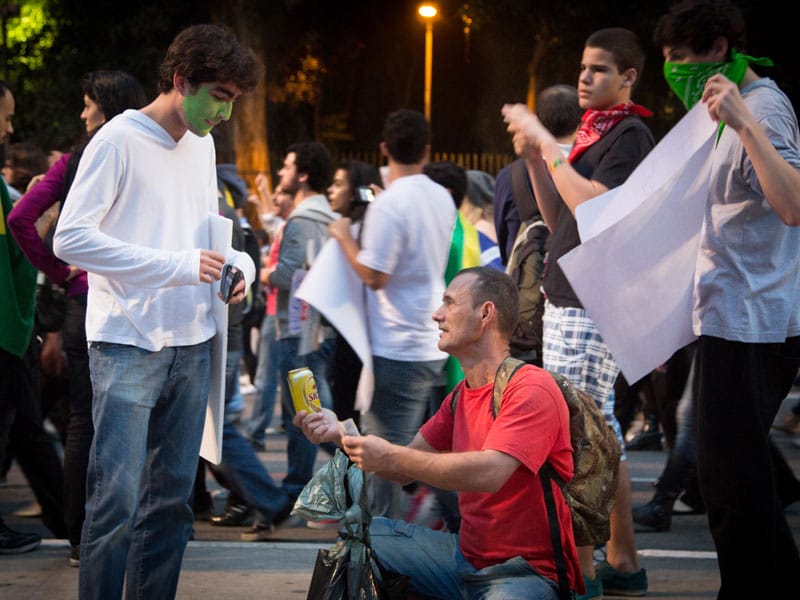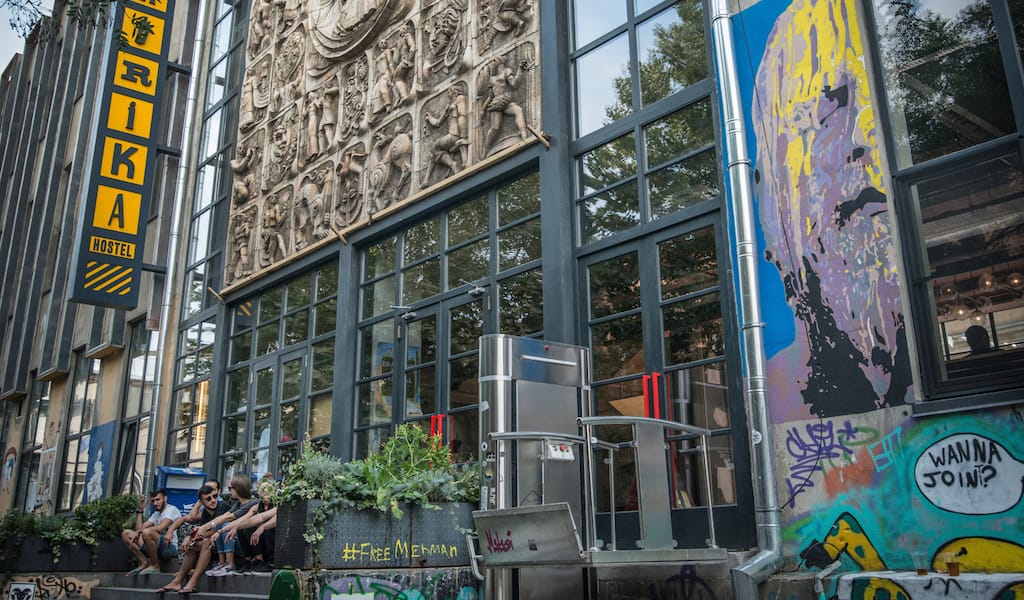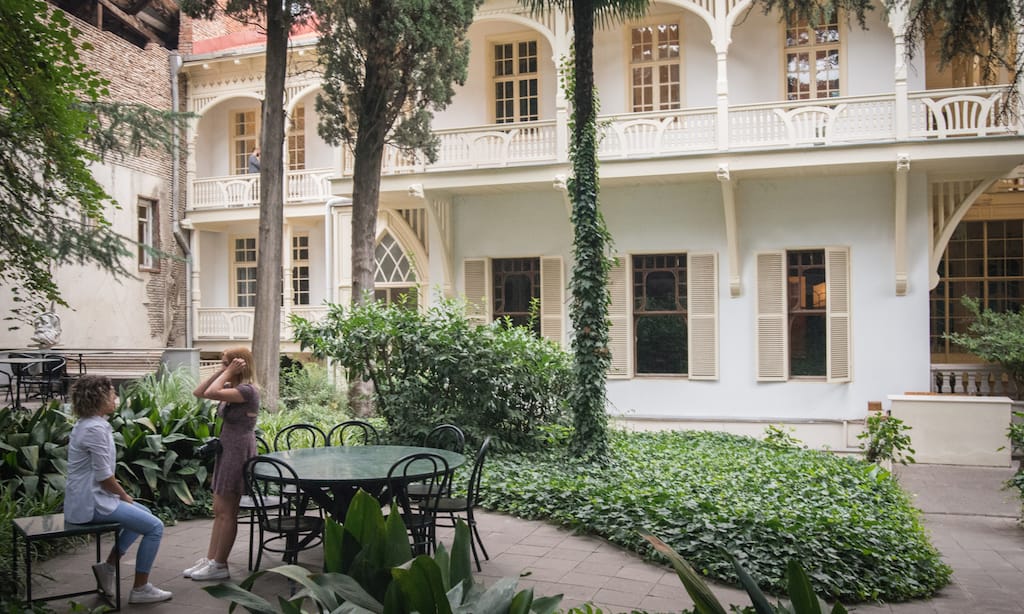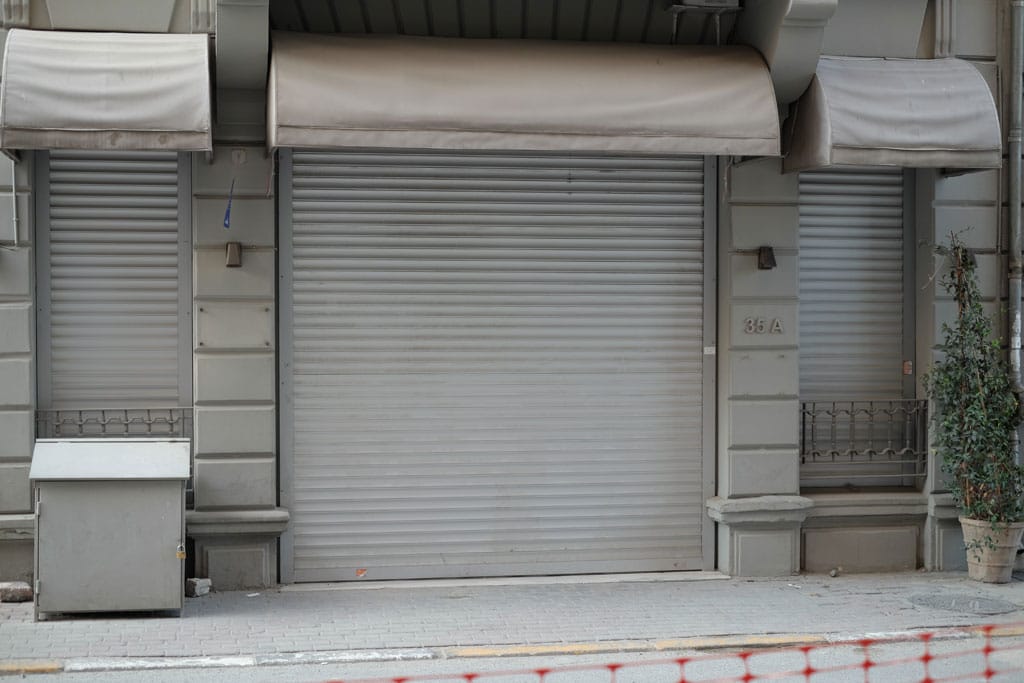Editor’s note: In light of the recent protests in Rio de Janeiro and other parts of Brazil, we asked our local correspondent, Taylor Barnes, to give us her take on these events and the social and political issues behind them.
When Brazilians take to the streets and block traffic, scoff at law enforcement, set off fireworks and relieve themselves in city corners that have already seen a little too much relief, I usually assume it’s Carnaval and happily join in. But the demonstrations that have brought hundreds of thousands to the streets in recent weeks are decidedly un-carnivalesque. They are a deeply serious cry of frustration from Brazilians who, after decades of remaining quiet, are protesting the yawning gap between the success story the nation sells to outsiders and the basic needs of locals that are still far from being met.
Demonstrations against rising bus fares began as early as April in the southern city of Porto Alegre, often the seat of Brazil’s progressive movements. By mid-June, protesters were coming by the thousands to the financial and cultural capitals of São Paulo and Rio de Janeiro, often meeting with harsh police repression. As the Confederations Cup – a precursor to the 2014 World Cup, which Brazil will also host – opened in Rio’s Maracanã Stadium on June 16, I was exposed to tear gas as I interviewed demonstrators and escorted a friend with a wound from a close-range rubber bullet to look for a clinic. All of this happened a mere five-minute trot from where boisterous soccer fans were lining up for the Mexico-Italy game. On a peak night for the movement, an estimated 2 million Brazilians demonstrated in some 438 cities across the country on June 21. They even did so far from Brazil’s traditional political centers, with protests taking place in the working-class suburbs of Rio and São Paulo, the Amazon region and the country’s vast central-west hinterlands.
The message from Brazilians – most clearly on display at the Maracanã demonstration I attended – seems to be: We are not a part of this party you are putting on for visitors. Brazilians have long had a phrase, para inglês ver, to refer to something done just to impress outsiders. That message hit home when even rascally, party-hard soccer legend-turned Brazilian Socialist Party (PSB) congressman Romário, who sits on the Tourism and Sports Committee, came out saying he now regrets Brazil’s decision to host the World Cup. Mega sporting events like the 2014 World Cup and the 2016 Summer Olympics were sold as Brazil’s “coming-of-age” debutante balls. What’s gone wrong?
Take a look at the protest signs and you’ll get a taste of the smorgasbord of complaints. They range from the fact that schools and hospitals are woefully inadequate while temple-like FIFA-quality stadiums go up down the road to outrage at the so-called “gay cure” project in congress, which would allow medical professionals to treat homosexuality as an illness. They go on to complaints about corruption among the long-ruling Workers’ Party and the cushy stipends elected officials heap upon themselves.
After three years as a correspondent, I am only surprised that this didn’t come sooner. Brazilians work hard, pay high taxes and get precarious services in return. I spoke with a nurse in a public hospital who complained that doctors don’t show up to work and instead moonlight in private practices and with a police recruiter who says candidates who are high school graduates are unable to read and write. I have watched children play in a sewage-clogged river in a favela (a low-income community that began as a squatter settlement) just a short distance from Maracanã Stadium. In a city where $500-a-night beachside hotels can’t be built fast enough to keep up with demand and waiting lists at pricey bistros in the Zona Sul evidence the growth of Rio’s new elite, desperation lurks not far behind.
I approached a white-haired man at the June 21 demonstration and asked him when he last saw a movement this size. He cited the impeachment of former President Fernando Collor and the movement that helped bring an end to Brazil’s military dictatorship – both events more than two decades old. “The Brazilian people have a passive spirit,” he commented. “For Brazilians to come to the streets this way, it means a lot is wrong – mainly, corruption.”
I marched that day with a group of favela residents who were there to complain that basic sewage systems had not been installed in their community, even though an expensive cable car strung above the favela’s jumble of homes – offering a view advertised by the government as a new “postcard” of Rio – had been built. One chant, aimed at Brazilian president Dilma Rousseff, struck me as spot-on: “Dilma, que vergonha! A passagem tá mais cara que a maconha!” (“Dilma, what a shame! The bus fare is more expensive than weed!”) In a city that is known for throwing a great party for visitors, whether cariocas will be included – or whether it will be para inglês ver – is now the looming question.
(photo by Jimmy Chalk)
 June 23, 2020 Fine(d) Dining
June 23, 2020 Fine(d) Dining
The officials from the Ministry of Health came late in the evening on a Friday night and […] Posted in Tbilisi July 18, 2019 Cafe Littera
July 18, 2019 Cafe Littera
On June 20, Georgian Prime Minister Mamuka Bakhtadze signed a decree abolishing the […] Posted in Tbilisi September 9, 2016 Farewell Lokanta Maya
September 9, 2016 Farewell Lokanta Maya
When Didem Şenol decided to open her first restaurant on an out-of-the-way street in the […] Posted in Istanbul
Published on June 26, 2013
Related stories
June 23, 2020
TbilisiThe officials from the Ministry of Health came late in the evening on a Friday night and entered Tbilisi’s popular gastro-entertainment complexes Fabrika and Ghvinis Karkhana-Wine Factory #1. They knew there would be a lot of people here celebrating life again after two and a half months in lockdown. They also understood that even with…
July 18, 2019
TbilisiOn June 20, Georgian Prime Minister Mamuka Bakhtadze signed a decree abolishing the Writer’s House of Georgia, Tbilisi’s leading institution of literary culture and the home of Cafe Littera, the restaurant that gave birth to the culinary revolution Georgia is currently going through. As soon as the ink was dry, the Writer’s House accounts were…
September 9, 2016
IstanbulWhen Didem Şenol decided to open her first restaurant on an out-of-the-way street in the then-sleepy Karaköy neighborhood of Istanbul, the young chef’s friends thought she was making a huge mistake. “They said, ‘Are you crazy? There’s nothing there, no one will go there.’ But Karaköy was close to my home in Galata, and I…
















































































